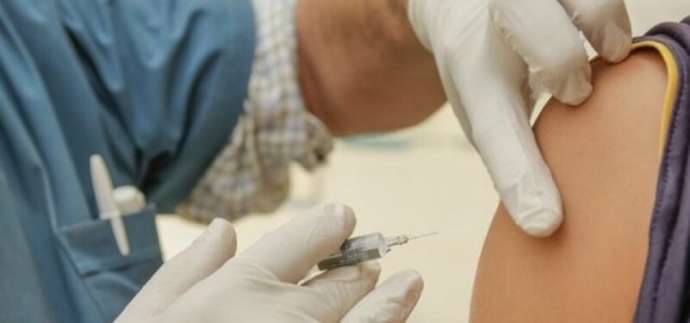STA, 11 May 2021 - Three-quarters of respondents in a survey supported by the pollster Valicon and the Covid-19 tracker community are somewhat worried about the epidemic, but almost half are still unwilling to be vaccinated. The main reason for people's reluctance to be vaccinated is fear of possible side effects.
The survey was carried out by three Slovenian researchers in collaboration with a team of Polish, Hungarian and Romanian researchers. The key findings for Slovenia were published on the Covid-19 tracker's website.
Almost 37% of respondents say they will be vaccinated against Covid-19 if the vaccine is available and recommended, while 47% say they will not, and 16% are undecided.
Out of those who do not want to be vaccinated, more than 80% says this is because they are "at least somewhat" concerned about the unknown side effects of vaccines.
Almost as many think that vaccination may cause issues that may not yet have been detected, while about two-thirds believe that vaccines can cause unforeseen problems in children.
Almost two-thirds think that vaccines bring large profits to pharmaceutical companies while having no positive effects on ordinary people, and that authorities promote vaccination for profit rather than people's health.
Just over 50% agree with the claim that there is much deception related to the vaccination programmes.
Only a quarter of the vaccinated participants agree that they feel safe after the vaccination, while a third confirmed that they feel protected. Just over a third believe that vaccines will stop serious infectious diseases.
When asked to rate their vaccine preferences, over two-thirds chose the Pfizer/BioNTech vaccine, two-thirds chose Moderna, followed by Sputnik with 57% and J&J with 52%, while only 31% chose AstraZeneca.
Concerns about possible side-effects is a major discouraging factor for more than 80% of respondents, while over 75% are concerned about vaccine safety. For two-thirds of respondents, the main concern is that the vaccine is new and they would like to see how vaccines work in other people first.
Just over 60% of respondents said they did not trust the government to ensure the safety and efficacy of the vaccine, while just over half believe that the vaccine will not work.
The data was collected between 16 and 23 April among 1,042 participants.






